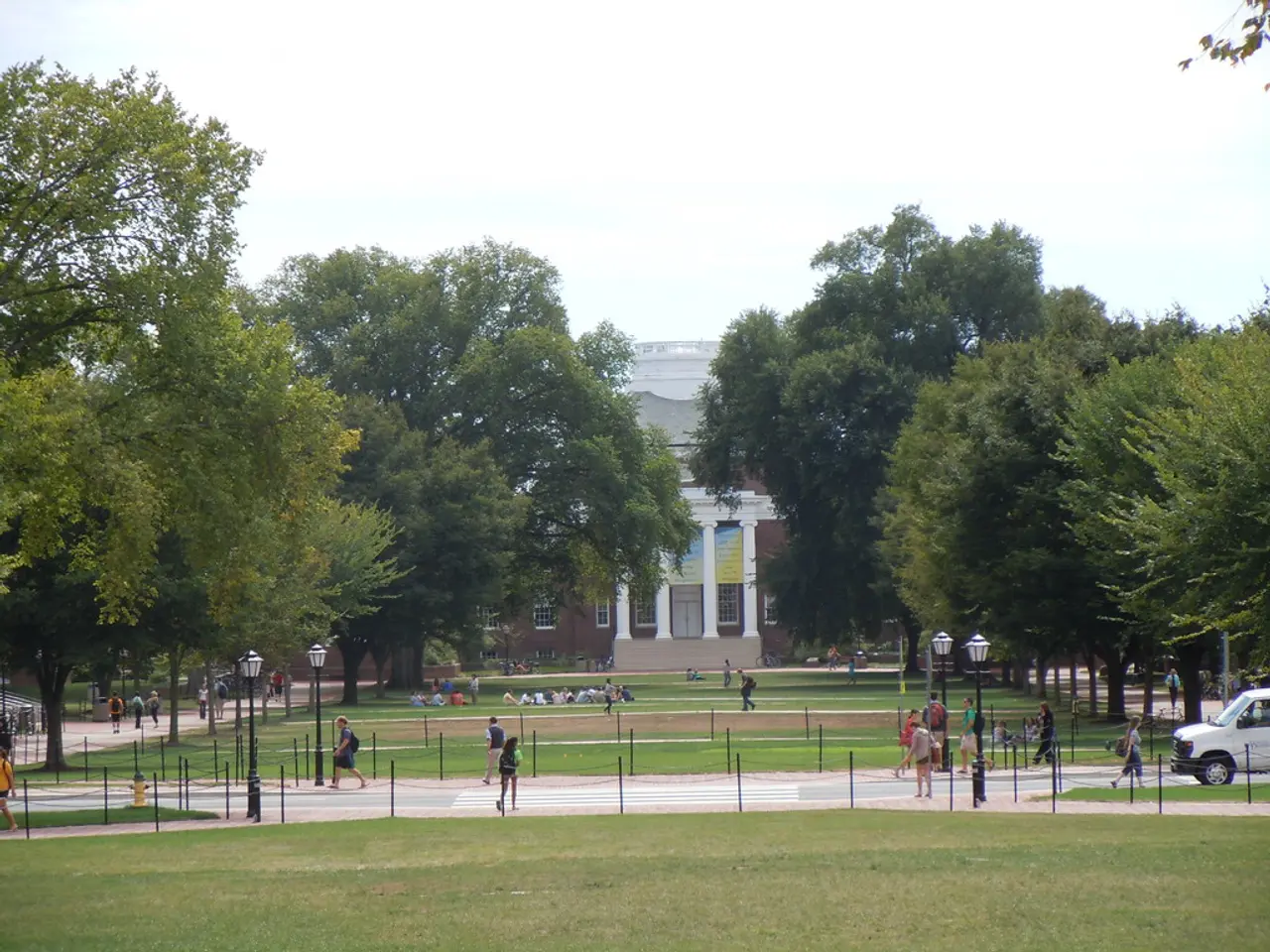Education, Student Behavior, Learning Outcomes, and Penalties
The Oberlin College Student Conduct System is an educational-focused approach to handling student misconduct. This system, while educational in nature, may result in various sanctions for students found responsible for violating the college's conduct rules.
The sanctions in the Oberlin Student Conduct System can be categorised into two main types: status sanctions and educational sanctions. Status sanctions, ranging from unspecified to suspension and expulsion, are assigned based on the severity of the infraction and a student's prior conduct history.
Status sanctions, in order of levity, are: unspecified, probation, suspension, and expulsion. Probation is a common status sanction, and a student on probation may be eligible to apply for a probation adjustment. Deferred Probation and Deferred Suspension are also types of sanctions in the Oberlin Student Conduct System.
Educational sanctions are designed to promote learning and growth. These can include Alcohol or Other Drug Online Workshop, Counseling Sessions, Research Papers, Educational Bulletin Boards for Residential Education, and Reflective Papers. Some educational sanctions may incur fees.
Restorative sanctions, an integral part of the Oberlin Student Conduct System, aim to repair harm caused by a student's actions. These can include Letters of Apology, Restitution, Community Workshops or Service, and other restorative measures.
For precise details on Oberlin College's Student Conduct System fees, probation adjustment procedures, and other related policies, it is recommended to consult Oberlin’s official student handbook or the office that handles student conduct and disciplinary matters. For more detailed information about the Probation Adjustment Application or conduct records policies, please contact Thom Julian, Senior Associate Dean of Students.
It is important to note that the exact details and fee amounts for sanctions typically vary by institution and specific case. For a better understanding of potential fees and services, it is advisable to contact Thom Julian, a hearing officer or Associate Dean of Students.
In conclusion, the Oberlin Student Conduct System is a comprehensive approach to student conduct, offering various sanctions aimed at promoting learning, growth, and restorative justice. For specific information regarding fees, procedures, and other details, it is recommended to reach out to the relevant college authorities.
Education sanctions in the Oberlin Student Conduct System, inclusive of Alcohol or Other Drug Online Workshop, Counseling Sessions, Research Papers, Educational Bulletin Boards for Residential Education, and Reflective Papers, are designed to foster learning and self-development, with some potentially incurring fees.
The preparation and submission of a probation adjustment application can be a part of a student's self-development process while on probation in the Oberlin Student Conduct System.




